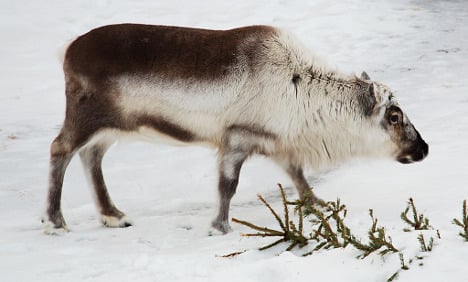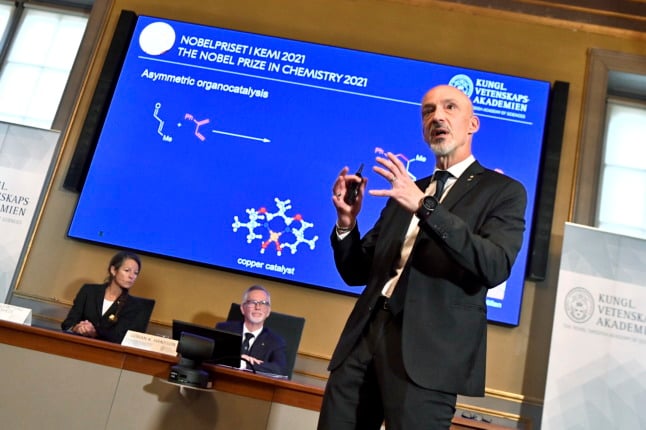Norwegian researchers looked at population figures for a well-studied species, the Svalbard reindeer (Rangifer tarandus platyrhynchus), which inhabits the island of Spitzbergen.
Over 17 years of observations, from 1995 to 2011, the number of calves per female fluctuated sharply according to rainfall patterns during the November-April winter.
Similar rain-linked changes in population were found among a species called the sibling vole (Microtus levis), the only other herbivorous mammal on Spitzbergen.
The declines are attributed to a phenomenon called rain-on-snow, when rain percolates through the snow and then freezes on the ground.
This encloses heather, grass and other vegetation with a thick layer of ice, making it hard for the animals to eat.
The findings are important given that the Arctic circle is a hotspot for global warming, affecting not just overall temperatures but weather patterns too.
The study appears in Biology Letters, published by Britain's Royal Society.
The Svalbard reindeer is a subspecies of reindeer which is smaller than its cousins on mainland Europe because of the more meagre food availability of its habitat.
Males grow up to 90 kilos (198 pounds) and 1.6 metres (5.2 feet) long and females reach 70 kilos (154 pounds) and 1.5 metres (4.9 feet) in length, according to the Norwegian Polar Institute.



 Please whitelist us to continue reading.
Please whitelist us to continue reading.
Member comments